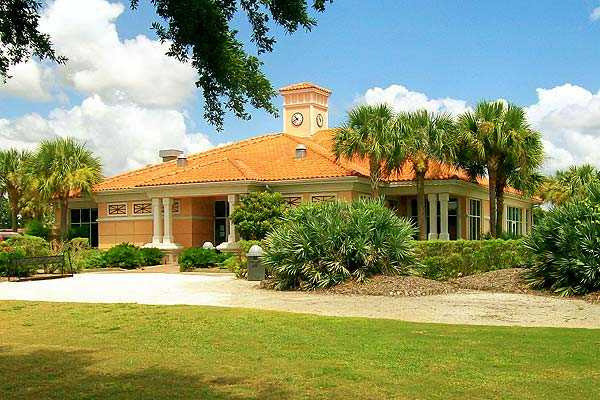It’s a bright Martin Luther King Jr. Day in Tampa, Fla., and Lionel Ballard is showing me the future of Rogers Park, one of America’s most historic golf courses. Ballard, a 70-year-old retired construction manager, wears his gray mustache wide and his blue baseball cap low. He parks our cart along a freshly dug fairway behind a fence. The hole is part of a par-3 short course opening next month. Ballard spends his days, and many nights, volunteering as the community outreach director for The First Tee of Tampa Bay, which Ballard helped launch in 1999. (The chapter has become the largest in the country, serving about 70,000 kids annually.)
After learning to play at Rogers Park as a child, Ballard hopes the new nine-hole beginners course will be an entry point for a new generation. “Once the kids get certified and are able to understand the game, they’ll move out on the championship golf course,” he says, “because Rogers Park can be a demanding course for a kid to play.”
Ballard understands the powerful demands—and promises—of these 160 riverside acres. He grew up during segregation when he and other Blacks throughout the South were prohibited from playing in city and private clubs. A kid like him couldn’t aspire to join the Professional Golf Association, which had a whites-only clause in its membership by-laws. However, in 1947, a group of Black caddies from Tampa’s exclusive Palma Ceia Golf and Country Club, which included Ballard’s uncle, hatched a seemingly impossible plan: to transform an old patch of land near the city dump into a golf course. To succeed, they had to do more than clear brush, wrangle gators and dig cups with dinner spoons. They had to overcome Tampa’s powerful mayor, Curtis Hixon, who had built his political career by disenfranchising Blacks.
Determined to keep the inspiring saga of “The Park” alive, Ballard has spent the past two years knocking on doors, visiting nursing homes and pouring over old photos to record the community’s memories before they’re lost. It’s the basis of a recently published photo history he co-authored called Rogers Park Golf Course: 18 Holes of History.
Telling the story now has taken on a new importance. Last month, Florida Gov. Ron DeSantis stopped a new Advanced Placement African-American studies course from being taught in high schools, claiming it violates state law and “lacks educational value.” For Ballard, the situation makes the lessons of Rogers Park more urgent, despite the governor’s actions. “He is not going to stop me from teaching my grandchildren history,” Ballard says, “They may not learn in the school, but they going to learn in my household. How he gonna stop that? What is he so afraid of? People knowing the truth?”
Read more at https://www.golfdigest.com/story/rogers-park-2023


